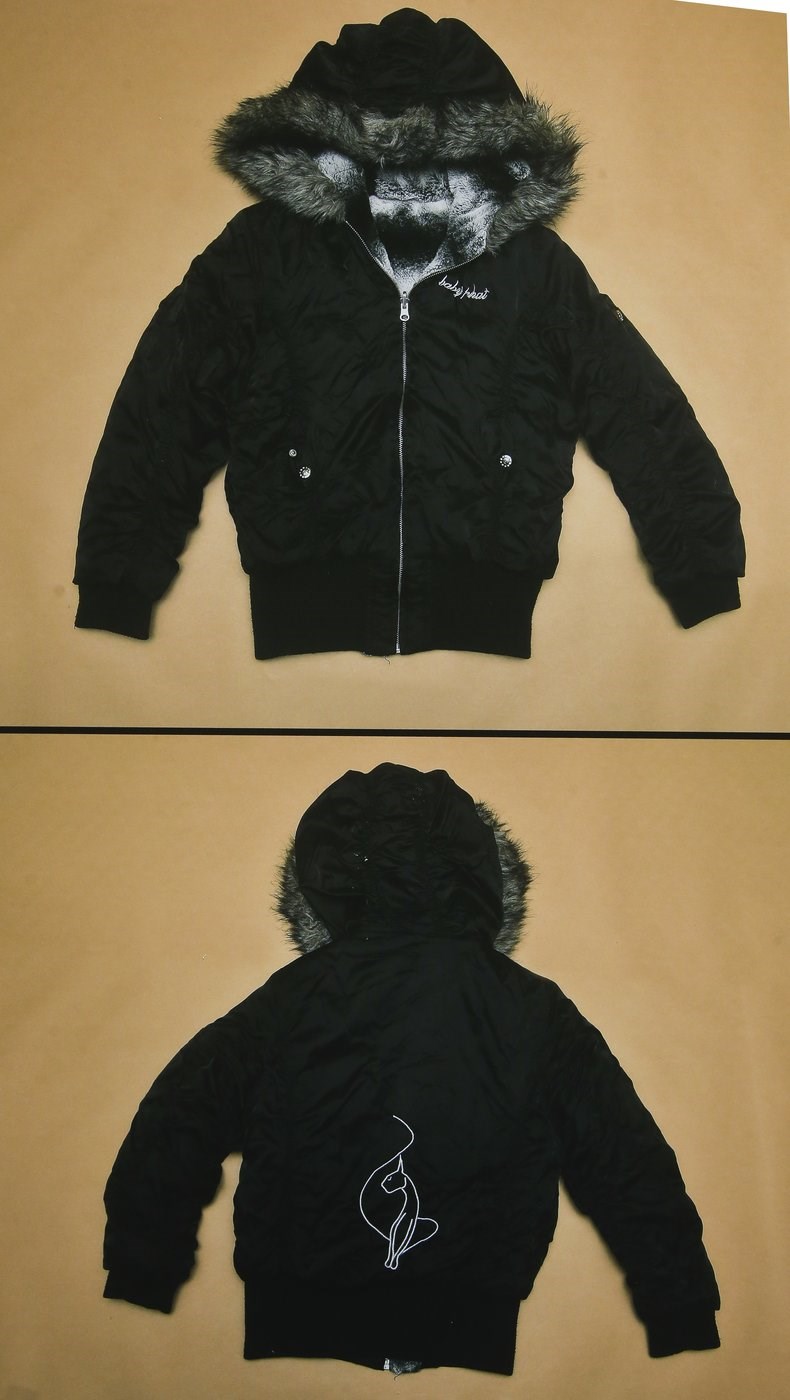WINNIPEG — In mid-March 2022, a young Indigenous woman stood outside Winnipeg's Salvation Army and spoke with a man who invited her back to his home.
Wearing a reversible Baby Phat branded jacket and a cloth face mask, she would later board a bus with the man and head to his apartment in the North Kildonan neighbourhood.
The woman was the first victim of serial killer Jeremy Skibicki.
In the two years since her slaying, police have been unable to identify her or find her remains.
To Indigenous community members, police and the court system, she has become known as Mashkode Bizhiki'ikwe, or Buffalo Woman, a name that was gifted to her by a group of Indigenous grandmothers.
"Our community has adopted her. We wanted her to have a name and we wanted her to belong to a community," said Thelma Morrisseau, who was part of the naming ceremony.
"She needs to be honoured and respected."
Police released a few updates on their endeavours to identify Buffalo Woman. However, details of their exhaustive efforts were revealed this month during Skibicki's trial, which is set to continue in June.
Skibicki, 37, has pleaded not guilty to first-degree murder for the slayings of Buffalo Woman and three others — Morgan Harris, 39; Marcedes Myran, 26; and Rebecca Contois, 24.
His lawyers have said he killed the four Indigenous women but should be found not criminally responsible due to mental illness.
Crown prosecutors say the killings were racially motivated and Skibicki preyed on the vulnerable women at homeless shelters.
The court heard he assaulted the women, strangled or drowned them and disposed of their bodies in garbage bins. Myran and Contois were dismembered.
"(Skibicki) forcibly confined Buffalo Woman because he thought she was taking some of his things," prosecutor Renee Lagimodiere said on the first day of the trial.
"(He) choked her, filled his bathtub with water. He then drowned her."
When police announced in December 2022 that Skibicki had been charged with killing the unknown woman, they were unable to provide many details about her.
Police said they believed she was Indigenous and in her mid-20s. They said she was likely killed on or around March 15 of that year.
The only other clue about the woman released to the public came in photos of a Baby Phat jacket. Police said she may have been wearing something similar to the black and white bomber-style jacket.
The trial heard more about the jacket. Police seized the unwashed coat in the summer of 2022, after Skibicki told investigators he had sold it online through Facebook Marketplace. He said he threw out the rest of Buffalo Woman's belongings.
The jacket was analyzed along with evidence from Skibicki's suite to try and determine Buffalo Woman's identity.
DNA found on a cuff on the jacket is the only evidence police have pointing to her identity.
"We continue to try and pull at any (tips) we receive from the public with regards to the identity of Buffalo Woman," Sgt. Dave Barber testified.
Conversations in the community have included speculation about whether the woman was from Manitoba or even Canada, added Morrisseau, who has attended the trial.
"She's got family somewhere ... but no one has stepped forward. They haven't been able to link her to anyone, and I just find that very disturbing," she said.
Police became aware of Buffalo Woman's death as Skibicki was being interrogated for the slaying of Contois in May 2022. He surprisingly told officers he had killed Contois and three others.
Partial remains of Contois were found in a garbage bin in Skibicki's neighbourhood that month. More of her remains were later found at a landfill.
The remains of Myran and Harris are believed to be at another landfill. DNA testing from Skibicki's apartment identified them as other victims.
Skibicki initially gave police a name for Buffalo Woman, but it was the name of someone still alive.
He told police he met the victim outside the Salvation Army just north of the downtown when there was still snow on the ground and the province had just lifted COVID-19 pandemic restrictions.
The restrictions were lifted on March 15, 2022.
In a police interrogation video played at the trial, Skibicki described the unknown woman as five feet four inches tall with a dark skin complexion and short hair.
Skibicki told police he was coming down from a psilocybin or magic mushroom high and was upset with Buffalo Woman after she tried to steal from him. He said he choked her before drowning her.
The last thing she did was swear at him, he told the police. "I understand why."
He later disposed of her remains in a garbage bin.
Sandra DeLaronde, a longtime advocate for missing and murdered Indigenous women and girls, has also been sitting in court during the trial. She said Buffalo Woman's case speaks to the ongoing breakdown in systems that are supposed to protect vulnerable Indigenous women.
"There are a lot of lessons to learn from Buffalo Woman, in particular being able to support people that are unsheltered or homeless," she said.
DeLaronde said she appreciates the Crown's effort to seek justice for Buffalo Woman.
A ceremonial buffalo headdress has sat on the Crown's table during the trial — a symbol of the unidentified woman who has not been forgotten and families still seeking answers in other cases.
"She is representing justice for all of those families ... who have never received justice," said DeLaronde.
The federal government has a support line for those affected by the issue of missing and murdered Indigenous women and girls: 1-844-413-6649. The Hope for Wellness Helpline, with support in Cree, Ojibway and Inuktitut, is also available to all Indigenous people in Canada: 1-855-242-3310.
This report by The Canadian Press was first published May 26, 2024.
Brittany Hobson, The Canadian Press




